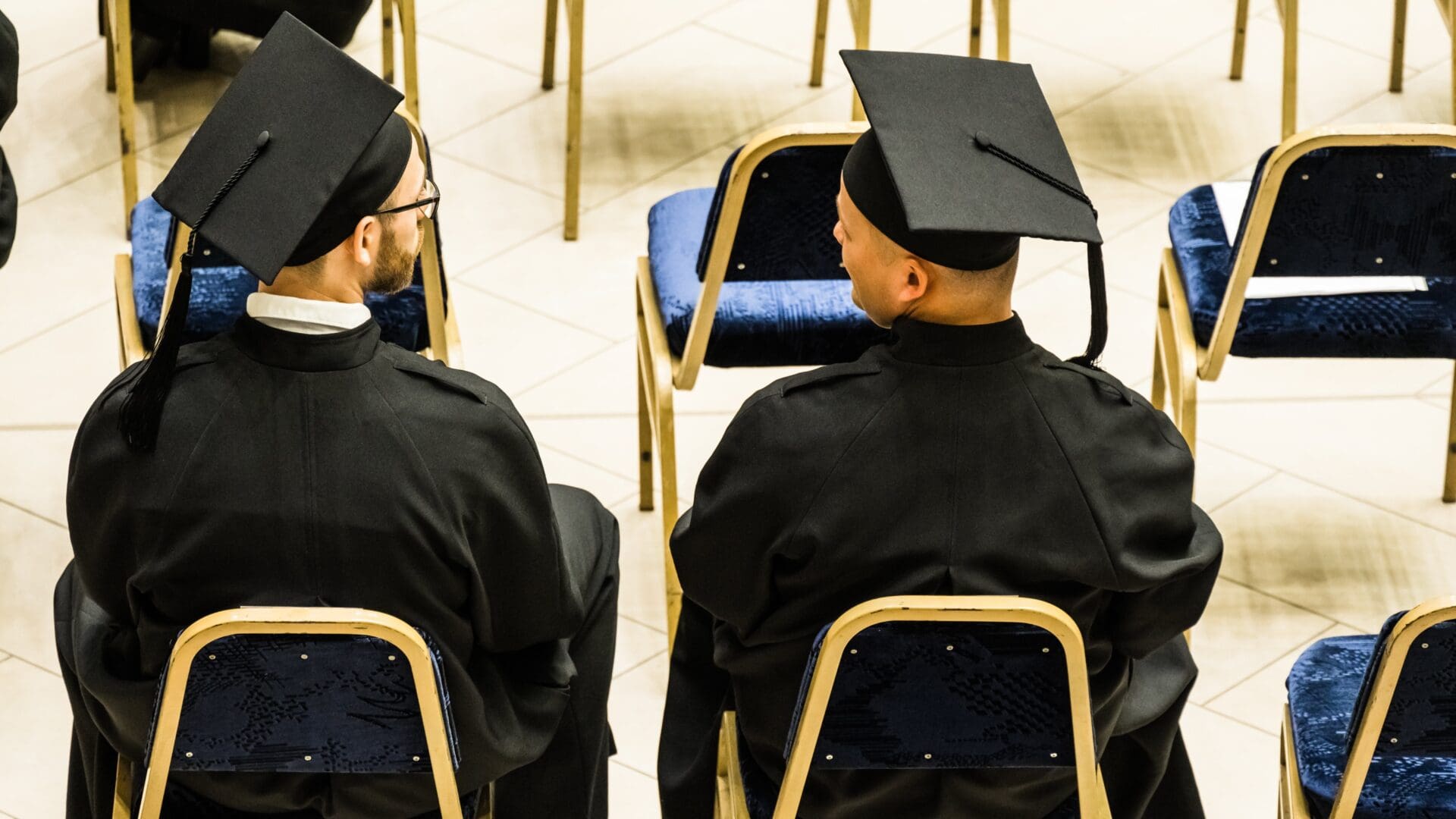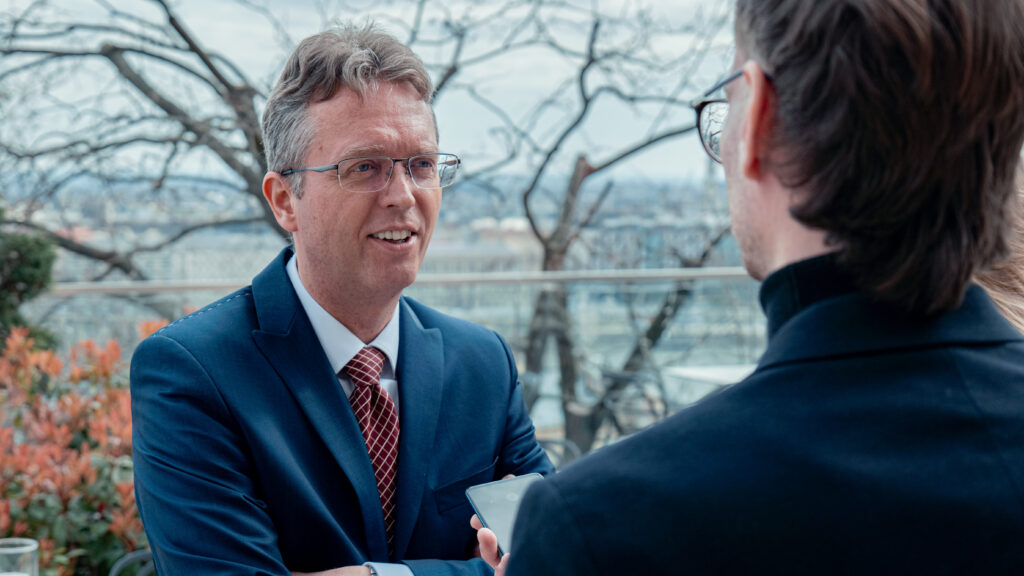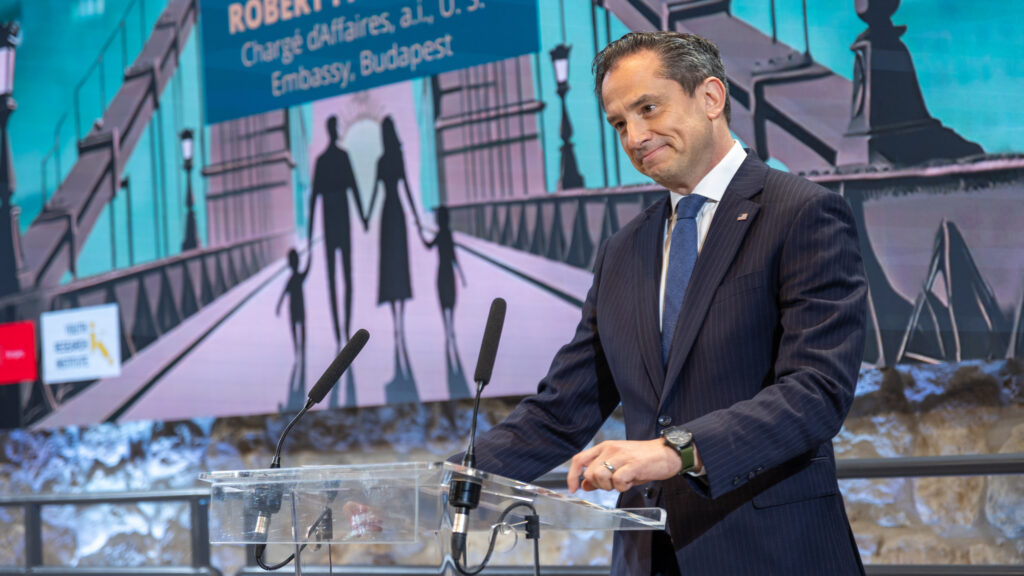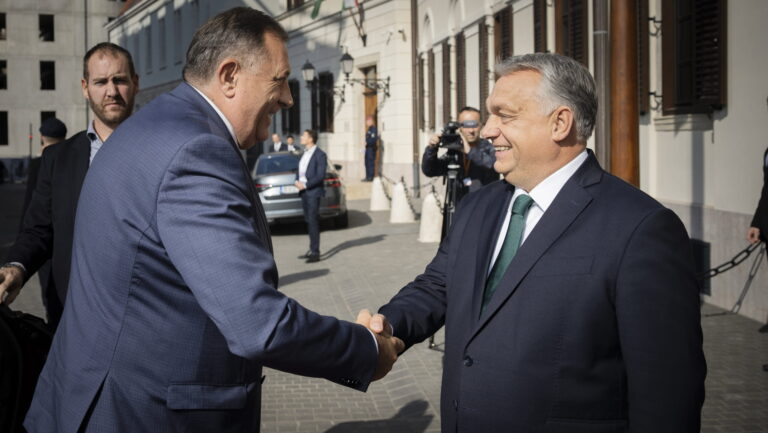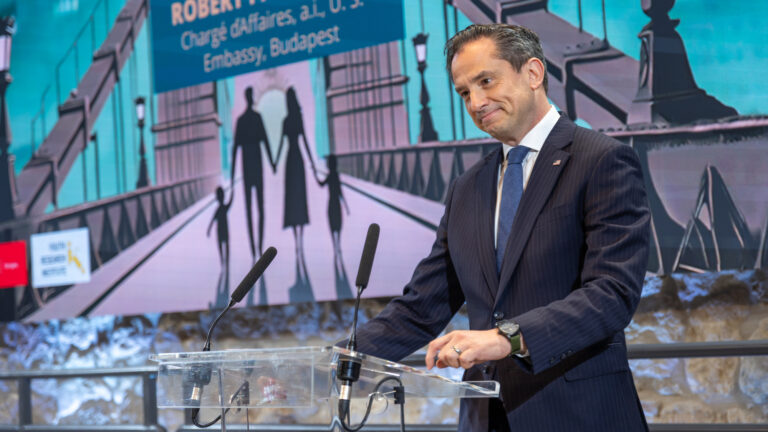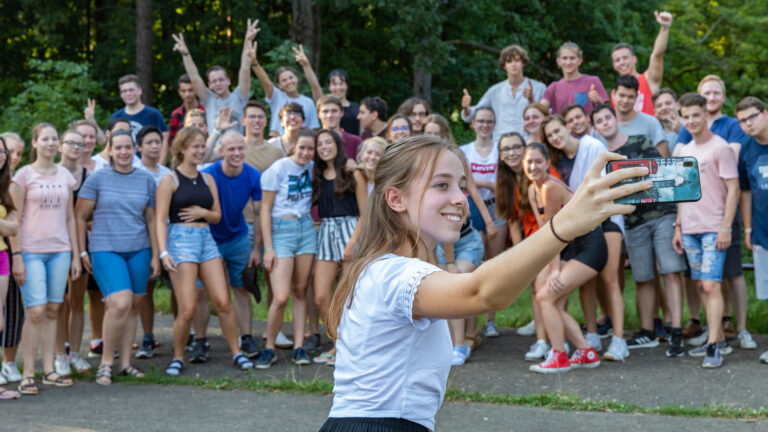State Secretary for Innovation and Higher Education Balázs Hankó asserted at a conference in Budapest on Wednesday that Hungarian science, higher education, and the Hungarian model have proved to be successful. He noted that Hungarian researchers have gained international recognition and pointed out that Hungary has recently transitioned from being a ‘moderate innovator’ to ‘European innovator’ according to a global innovation index.
Hankó also set forth the goal of Hungary becoming one of the top ten European innovators by 2030, with at least three Hungarian institutions ranking among the top one hundred universities in the European Union. He acknowledged an obstacle in the form of the European Commission’s decision, which, based on an apparent double standard, aims to diminish the significance of Hungarian internationalization programmes. He expressed concern that the proposed decision would exclude model-shifted institutions from participating in the Erasmus+ programme after the summer of 2024 and restrict Hungarian researchers from accessing direct EU programs like Horizon.
The state secretary stressed the importance of ensuring internationalization programmes under Erasmus until 30 June 2024,
with the Tempus Public Foundation providing funding for continuing international exchange programmes. Hankó noted that the Tempus Foundation views the internationalization programmes of model-shifted institutions favourably and hopes the European Commission will reconsider, recognizing the value of Hungarian students for Europe.
Hankó also mentioned the launch of legal aid services by the National Research, Development, and Innovation Office (NKFIH) to assist researchers with Horizon applications. He highlighted the availability of a five billion Hungarian forint self-funding pool for model-shifted institutions, with two and a half billion already allocated to eligible applications and the possibility of additional funding if needed.
Additionally, he discussed efforts to strengthen international relationships, prepare for university collaborations, and launch successful applications for international funding, citing
Hungarian Nobel laureates serve as outstanding examples.
He reiterated the primary goal of connecting universities, research institutes, and the economy through the model shift and the John von Neumann Programme. Hankó underscored the increasing need for patents, researchers, and innovative businesses to remain competitive, focusing on areas such as digitalization, healthy living, and green transition.
Related articles:
Sources: Hungarian Conservative/KIM/MTI

